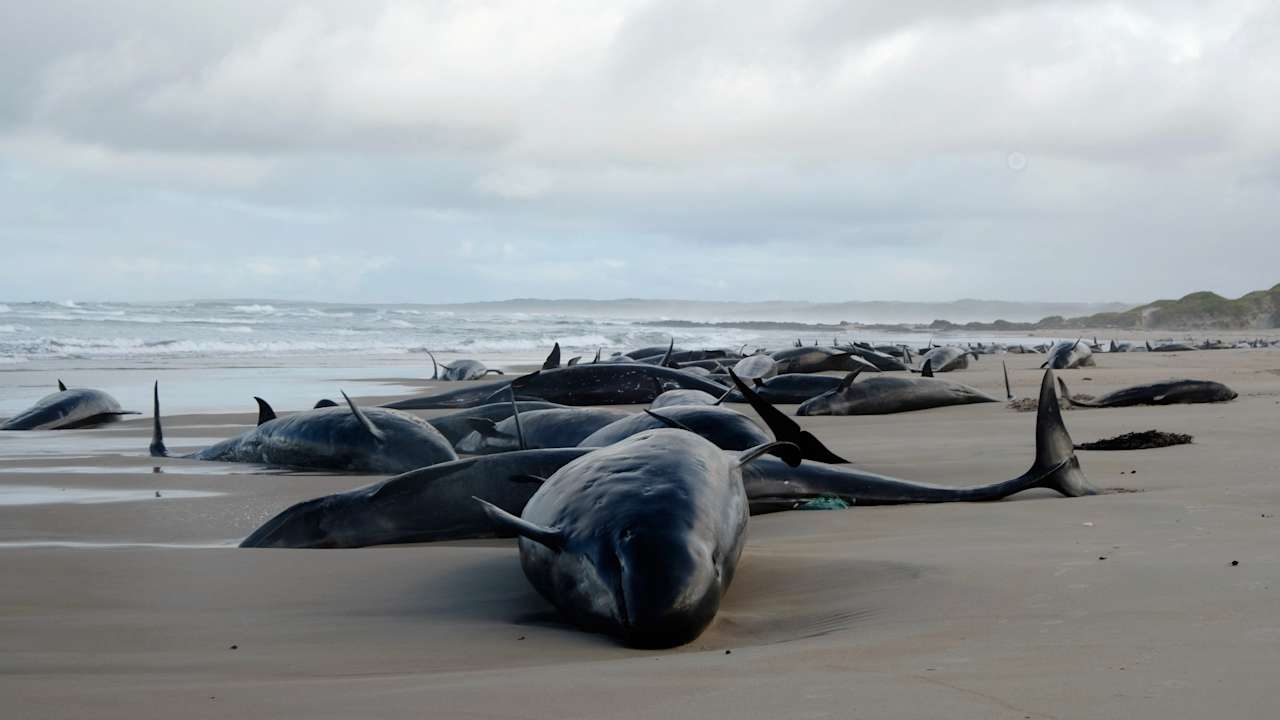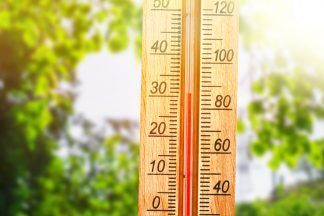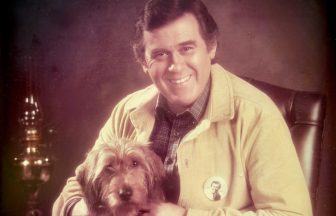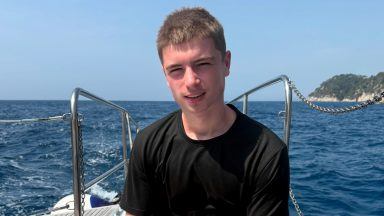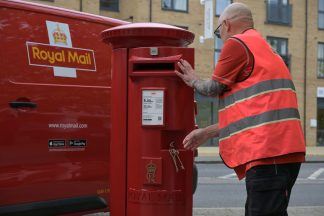Over a hundred dolphins have been stranded on a beach in Australia and, despite the best efforts of rescue teams, will have to be euthanised
More than 150 false killer whales have either died or will be euthanised after a mass stranding on a remote beach in Australia’s island state of Tasmania, officials said on Wednesday.
The Department of Natural Resources and Environment said 157 whales were discovered on a beach near Arthur River on Tasmania’s northwestern coast.
Unfavourable ocean and weather conditions, which prevented the whales from being rescued on Wednesday, were forecast to persist for days, incident controller Shelley Graham said.
In a statement, Graham said: “We have been out in the water this morning and have relocated and attempted to refloat two whales but didn’t have success as the ocean conditions weren’t allowing the animals to get past the break.
“The animals are continuously restranding.”
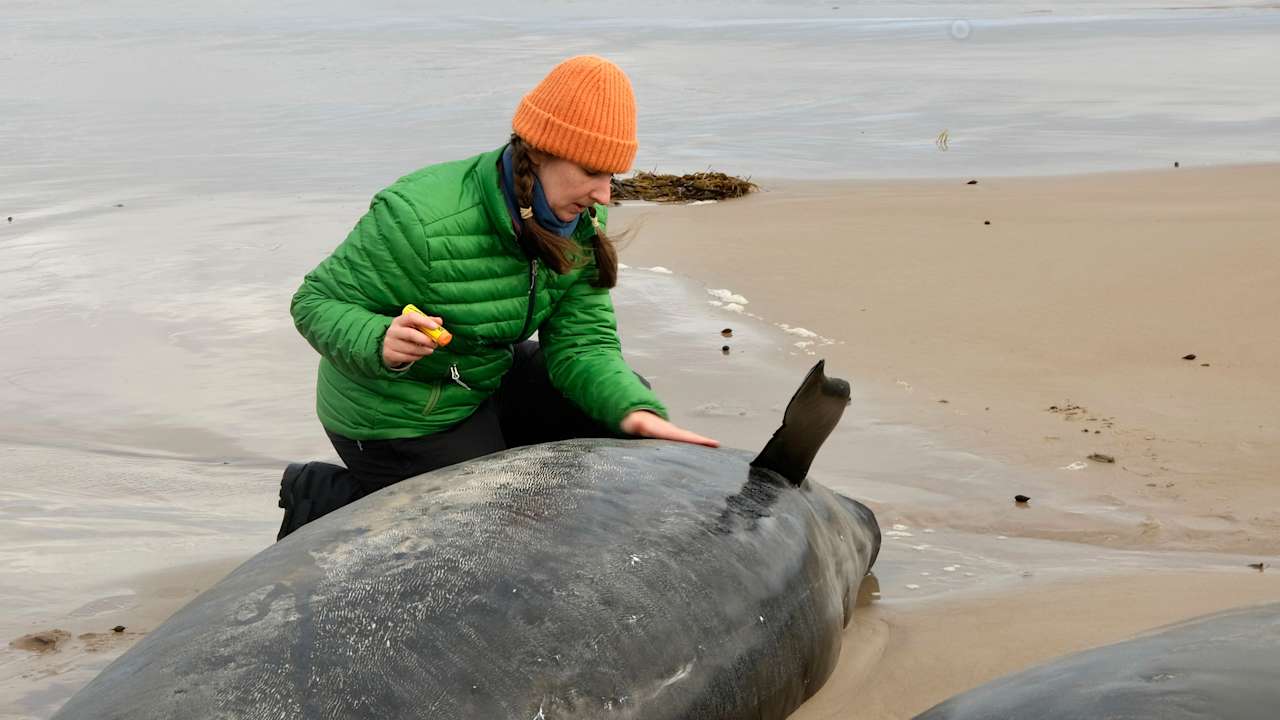
Marine biologist Kris Carlyon said the survivors would be euthanised.
“The longer these animals are out stranded, the longer they are suffering. All alternative options have been unsuccessful,” Carlyon said.
The department said there were 136 survivors on Wednesday morning but that assessment was revised down to 90 within a few hours.
The inaccessibility of the beach, ocean conditions and challenges to getting specialist equipment to the remote area complicated the response.
Arthur River local resident Jocelyn Flint said her son had discovered the stranded whales around midnight while fishing.
She said she had gone to the scene in the dark hours of the morning and returned after dawn but the whales were too big to attempt to refloat them.
“The water was surging right up and they were thrashing. They’re just dying, they’ve sunk down in the sand,” Flint said Wednesday morning. “I think it’s too late.”
The reasons for the beaching’s are unclear. Reasons could include disorientation caused by loud noises, illness, old age, injury, fleeing predators and severe weather.
False killer whales are technically a species of dolphin, that shares a similar skull shape to its namesake, the orca or killer whale.
Department liaison officer Brendon Clark said the stranding was the first by false killer whales in Tasmania in since 1974.
That was a pod of more than 160 whales that landed on a beach near Stanley on the northwest coast.
Follow STV News on WhatsApp
Scan the QR code on your mobile device for all the latest news from around the country


